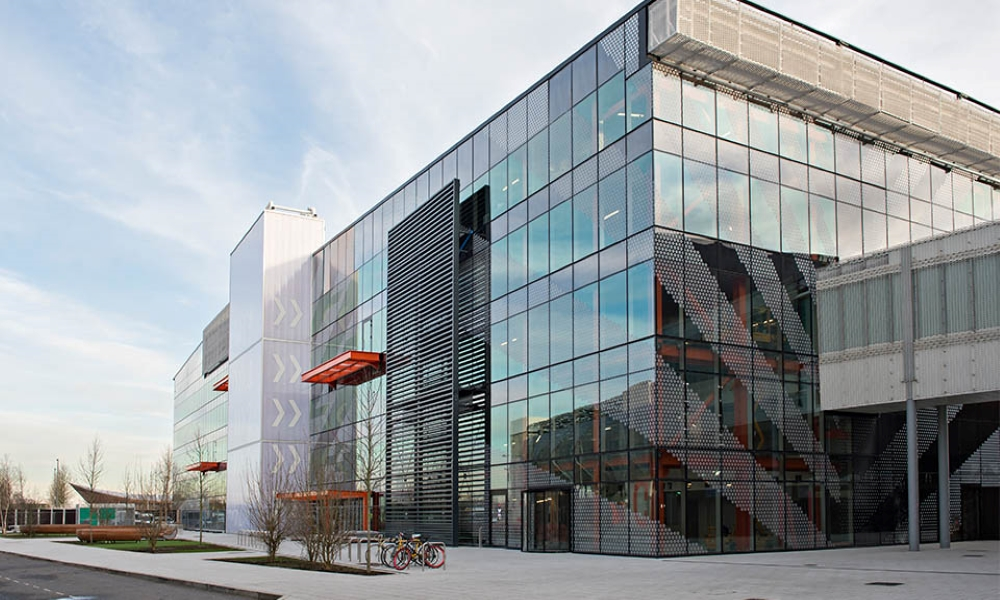
Manchester
Manchester Metropolitan University is located in the center of Manchester, England. The university has over 40,000 students and over 4,000 members of staff. It is home to four faculties (Arts and Humanities, Business and Law, Health and Education, and Science and Engineering) and is one of the largest universities in the UK for the biggest student population in 2020/21
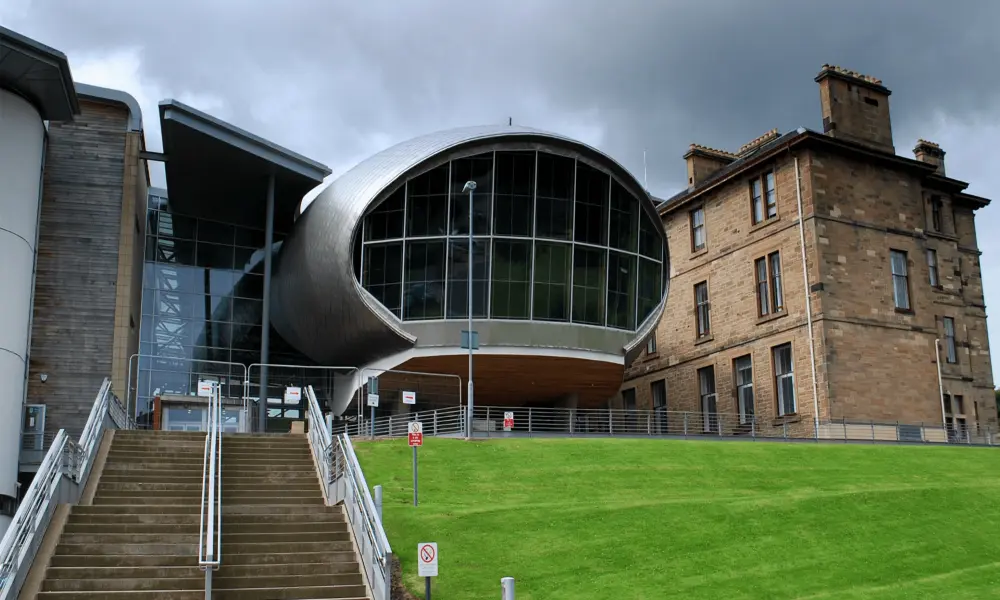
Norwich, England
Norwich University of the Arts (NUA) is a public university in Norwich, Norfolk, United Kingdom that specializes in art, design, and media. It was founded as Norwich School of Design in 1845 and has a long history of arts education. It gained full university status in 2013. NUA is the smaller of two universities in Norwich, the other being the University of East Anglia.
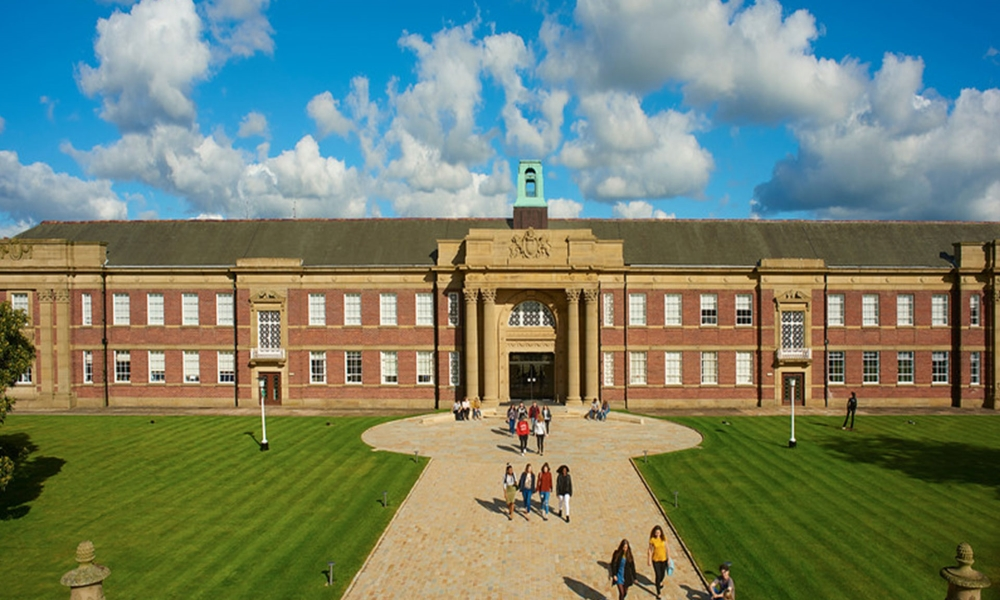
Loughborough
Loughborough University is a public research university in the market town of Loughborough, Leicestershire, England. It has been a university since 1966, but it dates back to 1909 when Loughborough Technical Institute began with a focus on skills directly applicable in the wider world. In March 2013, the university announced it had bought the former broadcast center at the Queen Elizabeth Olympic Park as a second campus. It belonged to the 1994 Group of smaller research universities until the group dissolved in November 2013. Its annual income for 2020–21 was £308.9 million, of which £35.5 million was from research grants and contracts
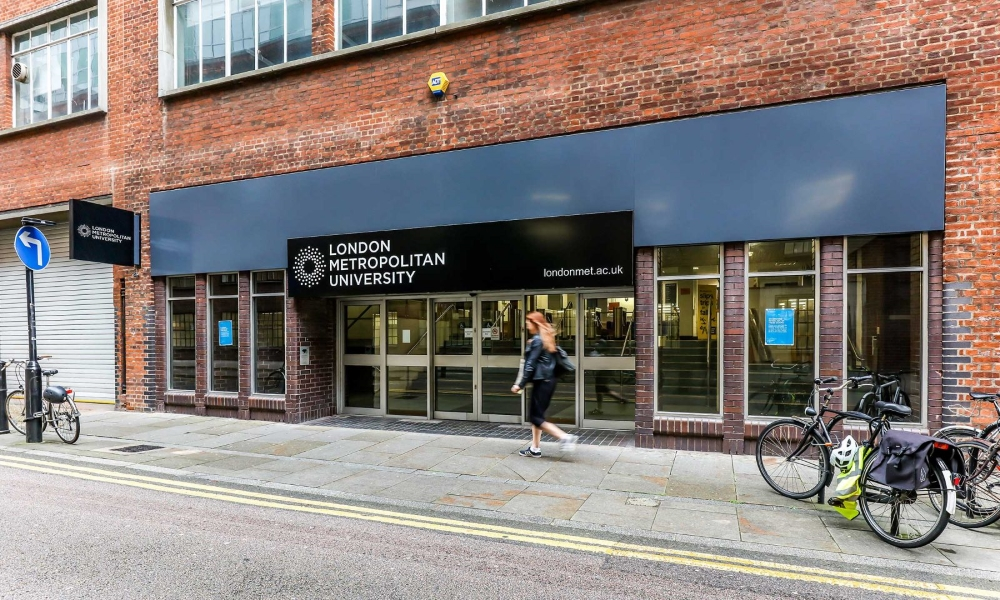
Edinburgh,Scotland
Edinburgh Napier University is a public university in Edinburgh, Scotland. Napier Technical College, the predecessor of the university, was founded in 1964, taking its name from 16th-century Scottish mathematician and philosopher John Napier. Lord Douglas-Hamilton inaugurated the technical college as a university in 1992, becoming Napier University. In 2009, the university was renamed Edinburgh Napier University. The university is based around its three main Edinburgh campuses: Merchiston, Craiglockhart, and Sighthill. It has over 19,500 students, including those on-campus in Scotland and others studying transnational programmes abroad and online. In 2018 this included nearly 9,500 international and EU students, from more than 140 nations worldwide
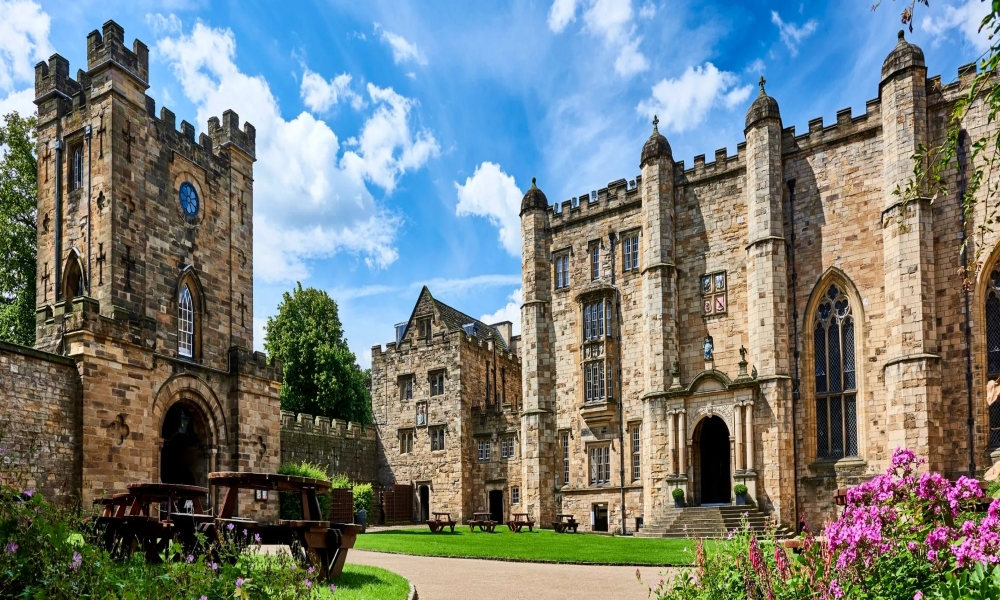
Lancashire, England
Edge Hill University is a campus-based public university in Ormskirk, Lancashire, England, which opened in 1885 as Edge Hill College, the first non-denominational teacher training college for women in England, before admitting its first male students in 1959. In 2005, Edge Hill was granted Taught Degree Awarding Powers by the Privy Council and became Edge Hill University on 18 May 2006. The University has three faculties: Arts and Sciences, Education, and Health and Social Care; these teach at both undergraduate and postgraduate levels.
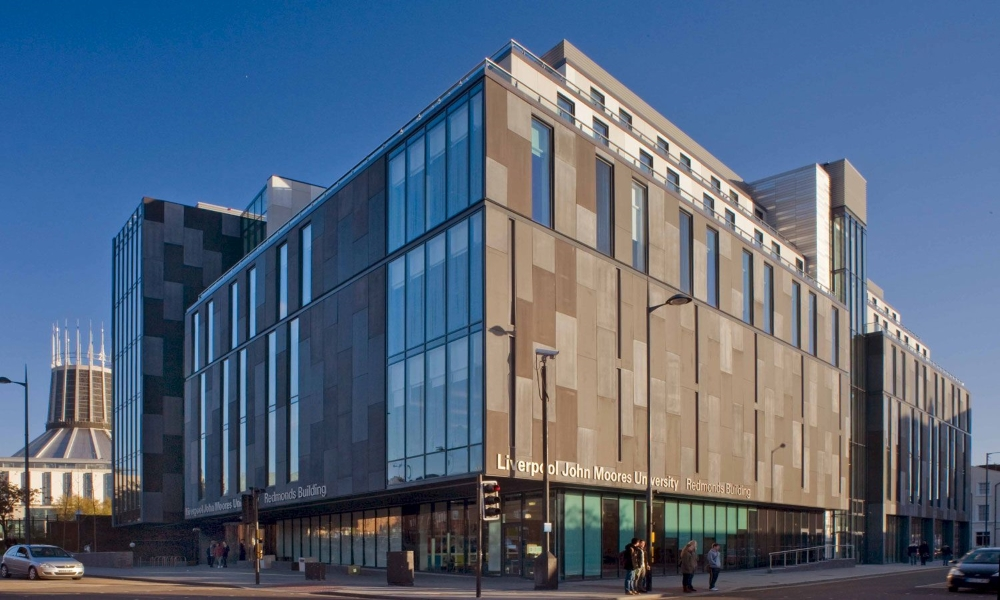
London
London Metropolitan University, commonly known as London Met, is a public research university in London, England. The University of North London (formerly the Polytechnic of North London) and London Guildhall University (formerly the City of London Polytechnic) merged in 2002 to create the university. The university's roots go back to 1848. The university has campuses in the City of London and in the London Borough of Islington, a museum, archives, and libraries. Special collections include the TUC Library, the Irish Studies Collection and the Frederick Parker Collection
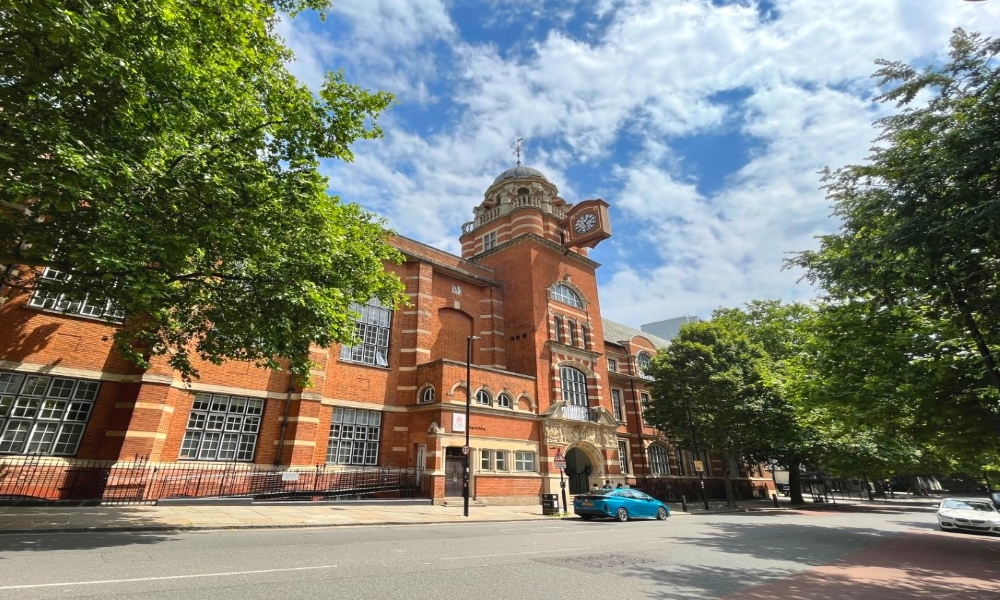
Durham, England
Durham University is a collegiate public research university in Durham, England, founded by an Act of Parliament in 1832 and incorporated by royal charter in 1837. It was the first recognized university to open in England for more than 600 years, after Oxford and Cambridge, and is thus, following standard historical practice in defining a university, the third-oldest university in England. As a collegiate university, its main functions are divided between the academic departments of the university and its 17 colleges. In general, the departments perform research and provide teaching to students, while the colleges are responsible for their domestic arrangements and welfare
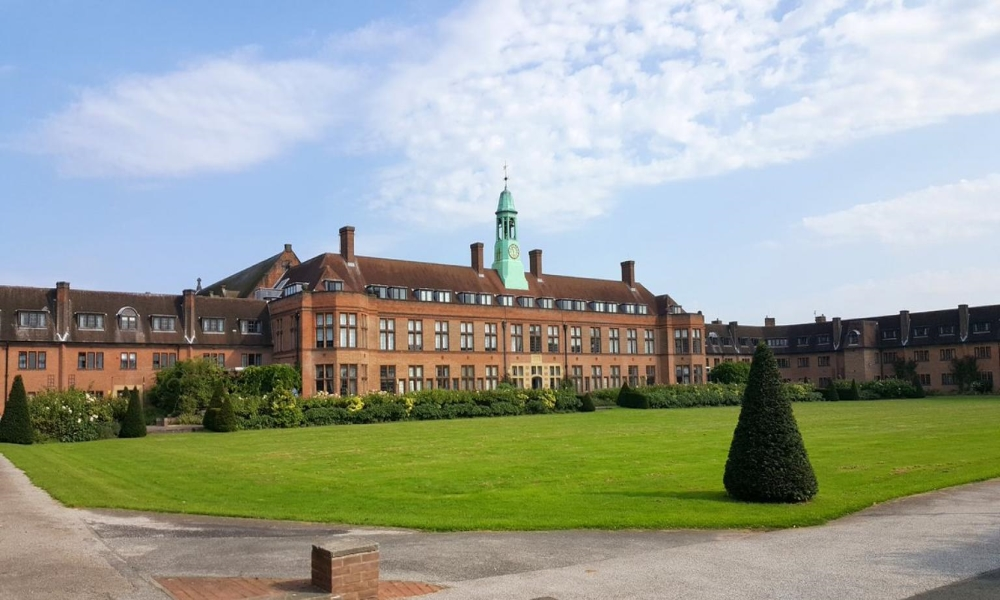
Liverpool
Founded as a small mechanics institution (Liverpool Mechanics' School of Arts) in 1823, the institution grew over the centuries by converging and amalgamating with different colleges, including the F.L. Calder School of Domestic Science and the City of Liverpool C.F. Mott Training College, before eventually becoming Liverpool Polytechnic in 1970. The university also has a long history of providing training, education, and research to the maritime industry, dating back to the formation of the Liverpool Nautical College in 1892

London, England
City, University of London, is a public research university in London, United Kingdom, and a member institution of the federal University of London. It was founded in 1894 as the Northampton Institute and became a university when The City University was created by royal charter in 1966. The Inns of Court School of Law, which merged with City in 2001, was established in 1852, making it the university's oldest constituent part. City joined the federal University of London on 1 September 2016, becoming part of the eighteen colleges and ten research institutes that then made up that university
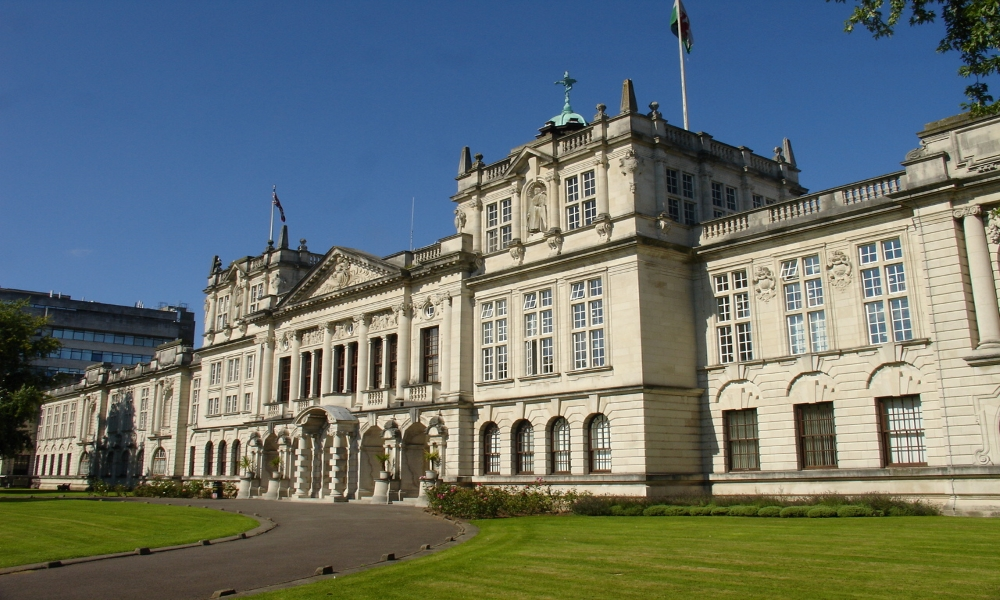
Liverpool
Liverpool Hope University (abbreviated LHU) is a public university with campuses in Liverpool, England. The university grew out of three teacher-training colleges: Saint Katharine's College (originally Warrington Training College), Notre Dame College, and Christ's College. Uniquely in European higher education, the university has an ecumenical tradition, with Saint Katharine's College having been Anglican and Notre Dame and Christ's both Catholic. The Anglican Bishop of Liverpool, David Sheppard, and the Catholic Archbishop of Liverpool, Derek Worlock (who gave their names to the university's Sheppard-Worlock Library) played a prominent role in its formation. Its name derives from Hope Street, the road that connects the city's Anglican and Catholic cathedrals, where graduation ceremonies are alternately held.
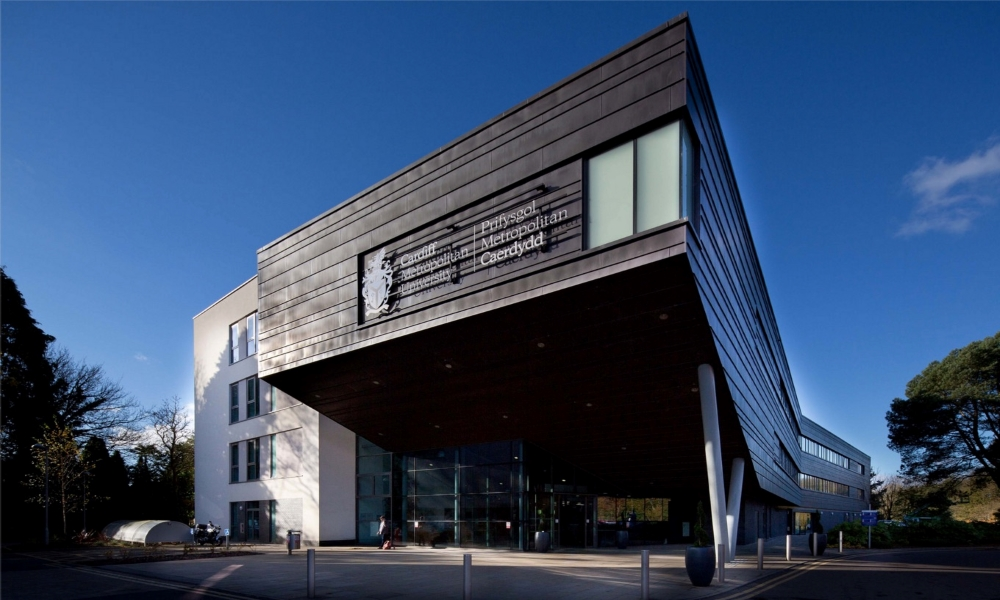
Leeds
Leeds Trinity University is a public university in Horsforth, Leeds, West Yorkshire, England. Originally established to provide qualified teachers to Catholic schools, it gradually expanded and now offers foundation, undergraduate, and postgraduate degrees in a range of humanities and social sciences. Previously known as Leeds Trinity & All Saints, the institution became a university college in 2009 after gaining the right to award its degrees and was granted full university status in December 2012. The university is a member of the Cathedrals Group and the Association of Catholic Colleges and Universities.
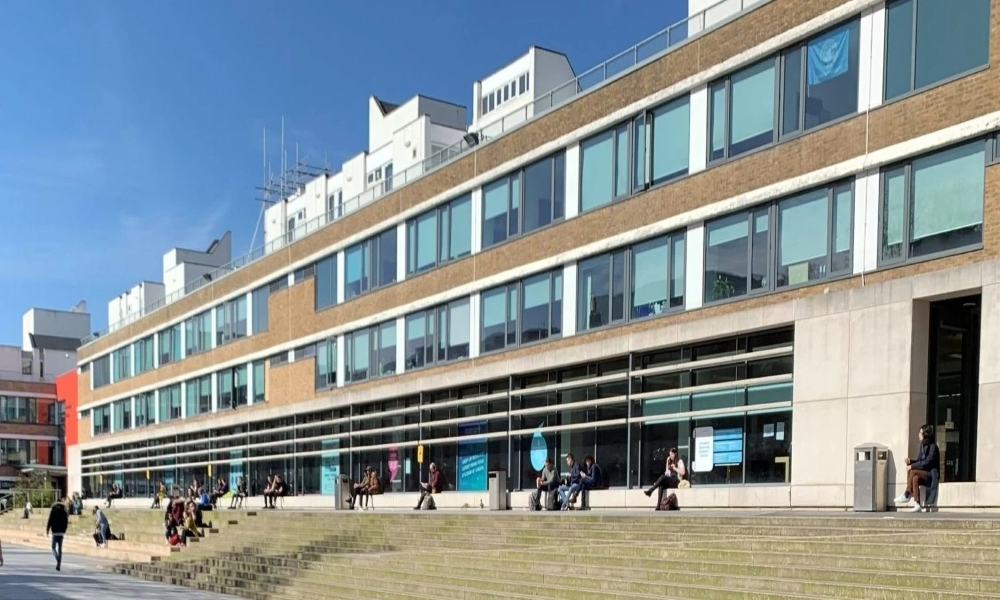
Cardiff, Wales
Cardiff University is the only Welsh member of the Russell Group of research-intensive British universities. Academics and alumni of the university have included three heads of state or government, two Nobel laureates, 15 fellows of the Royal Society, 11 fellows of the Royal Academy of Engineering, seven fellows of the British Academy, 21 fellows of the Academy of Medical Sciences and 34 fellows of the Academy of Social Sciences.
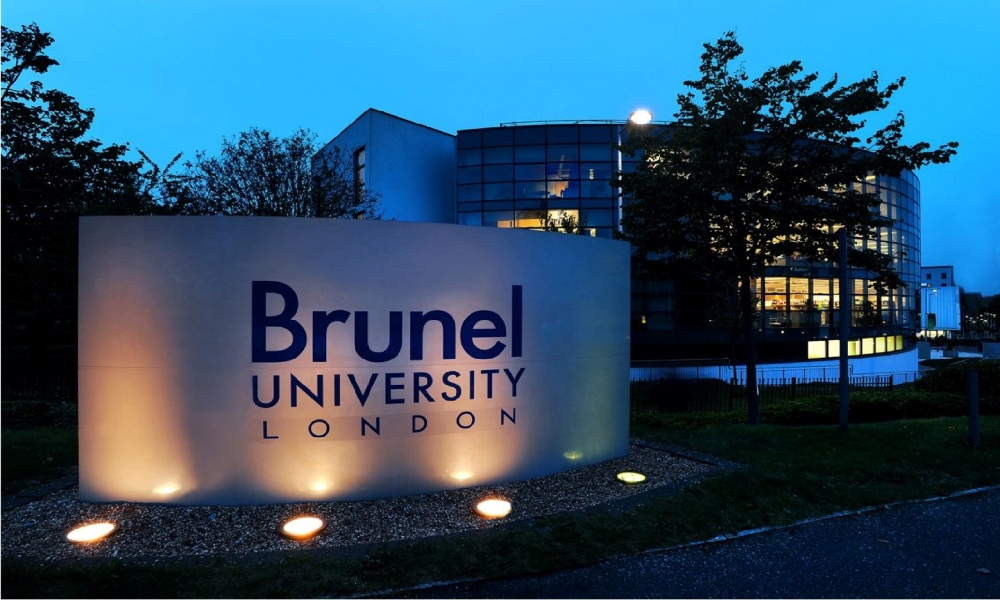
Cardiff, Wales
Cardiff Metropolitan University offers degree courses in a variety of disciplines. The study is available at undergraduate and postgraduate levels, full-time and part-time, and research opportunities are offered. In the 2021/22 academic year, the university has 11,500 students from over 140 countries studying on two campuses in Cardiff, and more than 10,000 at 17 partner institutions in 15 countries around the world.

Lancaster
Lancaster University is a public research university in Lancaster, Lancashire, England. The university was established in 1964 by royal charter as one of several new universities created in the 1960s. The university was initially based in St. Leonard's Gate in the city center before starting a move in 1967 to a purpose-built 300-acre (120 ha) campus at Bailrigg, 4 km (2.5 mi) to the south. The campus buildings are arranged around a central walkway known as the Spine, which is connected to a central plaza named Alexandra Square in honor of its first chancellor, Princess Alexandra
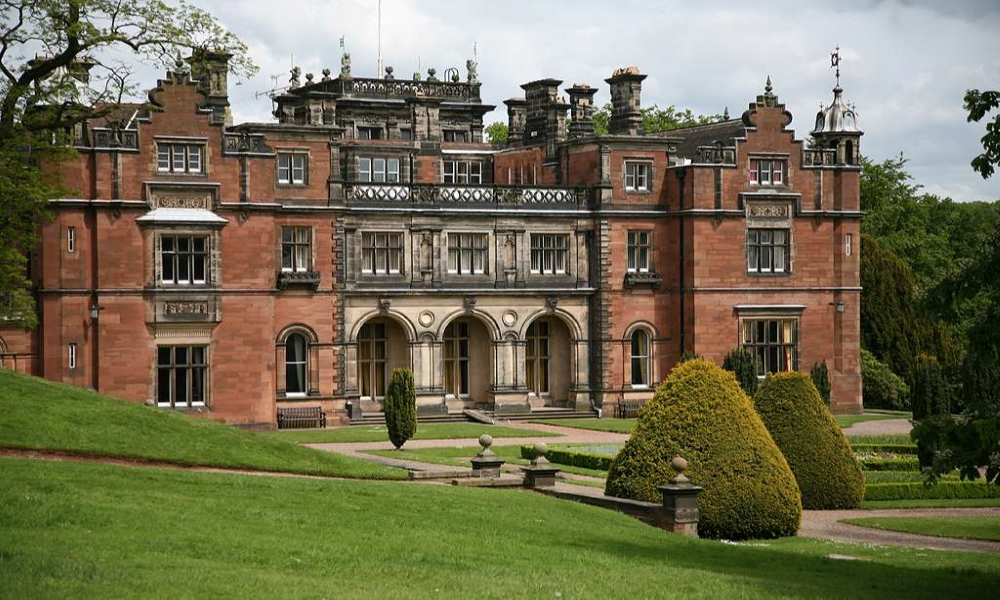
London, England
Brunel is one of several British universities that were established in the 1960s following the Robbins Report on higher education. It is sometimes described as a "plate glass university". The university's origins lie in Acton Technical College, which was split into two in 1957: Acton Technical College continued to cater to technicians and craftsmen, and the new Brunel College of Technology (named after Isambard Kingdom Brunel, the British engineer) was dedicated to the education of chartered engineers.
Book a free one-on-one counselling session with our destination expert today.